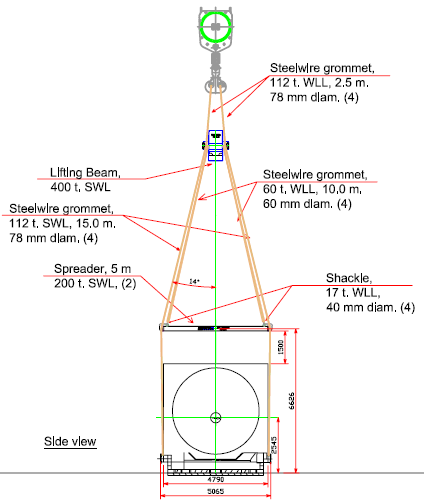 I am a Forwarder
I am a Forwarder
Q: We have recently won a long term contract and want to explore the possibility of operating our own ships on time-charter, but we feel we might not have the appropriate skills in-house to do this. Can you provide us with an overview of the the complete operational scenario, how we can manage it, our rights, responsibilities, obligations, our contractual relationship with our client and the shipowner, and how we can protect ourselves legally and commercially?
Q: I feel there is a disconnect between my company and the main heavylift shipowners we work with. Is this my fault or their fault or does the fault lie somewhere in the middle? What can I do to bridge this gap and make my company more attractive to work with for the shipowners. I feel that I can secure long term benefits in pricing, reliability and service if I have a closer working relationship with the big shipowners. How can I achieve this?
Q: Our company has liquidity to invest in the project market. To date we have mainly been non-asset based and focused on 3PL services, but now we feel it is time to make a statement to the market and to our customers (who are pushing us in this direction) and invest in physical assets, but we are unsure of our direction. Should we be looking at ships or land-based equipment or should we be looking at something else?
Q: I am worried about the quality of our contracting and charter-party arrangements. We often we run up against cost over-runs and “small-print issues” in the contracts. We don’t have our own “house” charter-parties, and too often we are faced with making time-pressured decisions on shipowners’ charter-parties, and they always seem to come with a sting in their tail. How can we turn this around and put ourselves in a strong position?
